*** A NOTE TO OUR EJ/CJ PUBLIC:
It is now 2025 and the Environmental Justice and Climate Justice Studies Research Hub at UCSB’s Orfalea Center for Global & International Studies has been formally disbanded.
This web site will remain available at this URL — a permanent archive of our eight years of work building the community of environmental justice and climate justice scholarship at UCSB and around the world, and five years of publishing our activities at this URL.
EJ/CJ CONSTITUENT PROJECTS
GEJP
The Global Environmental Justice Project
HSS4F
Humanists & Social Scientists for Future
sign on letter & recorded UN presentation
UC-CSU NXTerra
Transformative Educational Resources for Climate Action
IICAT
The International Institute of Climate Action & Theory
EHI
The Environmental Humanities Initiative
Eco Vista
Taking The Community Of Isla Vista Into The Future
E-V-C-J-P
Eco Vista Climate Justice Press
EJ / CJ DIGITAL HUB
ENVIRONMENTAL JUSTICE & CLIMATE JUSTICE STUDIES @ UCSB
WELCOME to the EJ/CJ Digital Hub, a project of the Environmental & Climate Justice Studies Research Hub (EJ/CJ) at UCSB’s Orfalea Center for Global & International Studies — working to advance scholar-activism across the horizon of globalization, in defense of vulnerable human communities, fragile environments and a just climate future.
Today’s most pressing environmental problems come to us nested inside an historical moment characterized by growing racial and gender formations of economic inequality, increasingly neoliberal and authoritarian political institutions, degradation of human rights and public discourse, and pernicious forms of institutional violence that cut across and exacerbate each of these concerns.
EJ/CJ brings together scholars to engage with these global drivers of environmental and climate crisis and investigate their deep structures and histories. We produce critical knowledges at the intersection of the Humanities and Social Sciences, build transformative knowledge networks that bridge academic, social movement, and policy domains, and actively intervene publicly in each of these crucial zones of conflict.
If you think that your work can contribute to our mission of building the UC community of Environmental and Climate Justice Studies, we invite you to contact us and tell us how you would like to get involved.
Please scroll down and visit our Constituent Projects, our news and events calendars, and our pathways into emergent environmental/climate governance and social movements at every scale, as well as our growing archives of EJ/CJ films, photography, literature, and manifestos from around the world.
VIRTUAL CONFERENCE — CO-SPONSORED & HOSTED BY EJ/CJ
Live Virtual Sessions were convened May 18 — 21, 2022
OUR 2021 CONFERENCE CONVENED FROM
October 4 — 25, 2021
RADICAL CLIMATE JUSTICE for the GLOBAL COMMONS
What is driving environmental & climate injustice?
Growing economic and environmental inequality associated with ongoing world-economic system expansion (globalization) is exacerbating environmental problems and politics, inhibiting effective justice-driven local self-governance as well as the massive collective national and international responses that the Nations have decided are necessary, especially as concerns climate governance (i.e., the 2015 Paris Agreement).
The end result? … an accumulation of local, place-based environmental grievances across the horizon of globalization.
At each of these places, individual and collective political demands emerge as a growing cry for fair governance and equitable sharing of the social and environmental costs of economic activity.
Such demands set the stage for democratic renewal at every scale, from local to global, across that same horizon.
On the global scale, take for example the emergence of international environmental self-governance.
From the UN’s 1972 Stockholm Conference on the Human Environment, which produced the Stockholm Declaration and the UN Report on the Human Environment, to the UN’s 1982 World Charter for Nature, its 1987 Brundtland Report (Our Common Future), its 1992 Rio Earth Summit (Rio Declaration on Environment & Development; Agenda 21; United Nations Framework Convention on Climate Change), its 1997 Kyoto Protocol, and finally its 2015 Paris Agreement on climate change, the peoples and nations of planet earth have grown increasingly adept at self-organizing international spaces for the collective management of environmental problems.
But how well do these international efforts understand and respond to the role of inequalities—of accumulated wealth and power; of structural racism and sexism—in driving the carbon-fueled economic expansion and the consequent accumulation of environmental problems? and how effectively have the policy responses they generate actually mitigated the damages or ameliorated the consequent suffering of the multitudes?
What accounts for the common disconnect between those who have benefitted the most from carbon maldevelopment and those who suffer the worst of its effects?
Consider how UN-led stewardship of the post-war economy championed free trade globalization, effectively ramping up global economic productivity and churning out previously undreamed of wealth—but which expansion also produced today’s dramatic socio-economic and ultimately environmental and climate inequalities.
Are today’s ongoing UN environment and climate initiatives reproducing those same inequalities in the long term (re)distribution of 21st century environmental values?
And if so, does that mean that we have learned nothing from the 20th century? — from the myriad novels and films and poems and essays of the colonized, conquered and cajoled? or from the colonizers and conquerers themselves?
How can we as scholar-activists learn to better hear and feel the voices ringing out from these places of conflict?
Questions of meaning, interpretation and translation, integral to the Humanities but marginalized in the Social Sciences, will be crucial tools in the coming years and decades of social, environmental and climate struggle.
We will thus need more than our social sciences and histories, more than our literatures and philosophies.
We will need new hybrid forms of engagement and understanding for a new century of intersectional struggles, we will need to remember, and we will need time.
EJ/CJ proceeds from a profound belief that, with insight and perspective garnered from both the Social Sciences and the Humanities, our projects and these pages can contribute to re-engineering the carbon-fueled cultural economies that are currently devastating our shared environments and plunging our common climate into chaos.


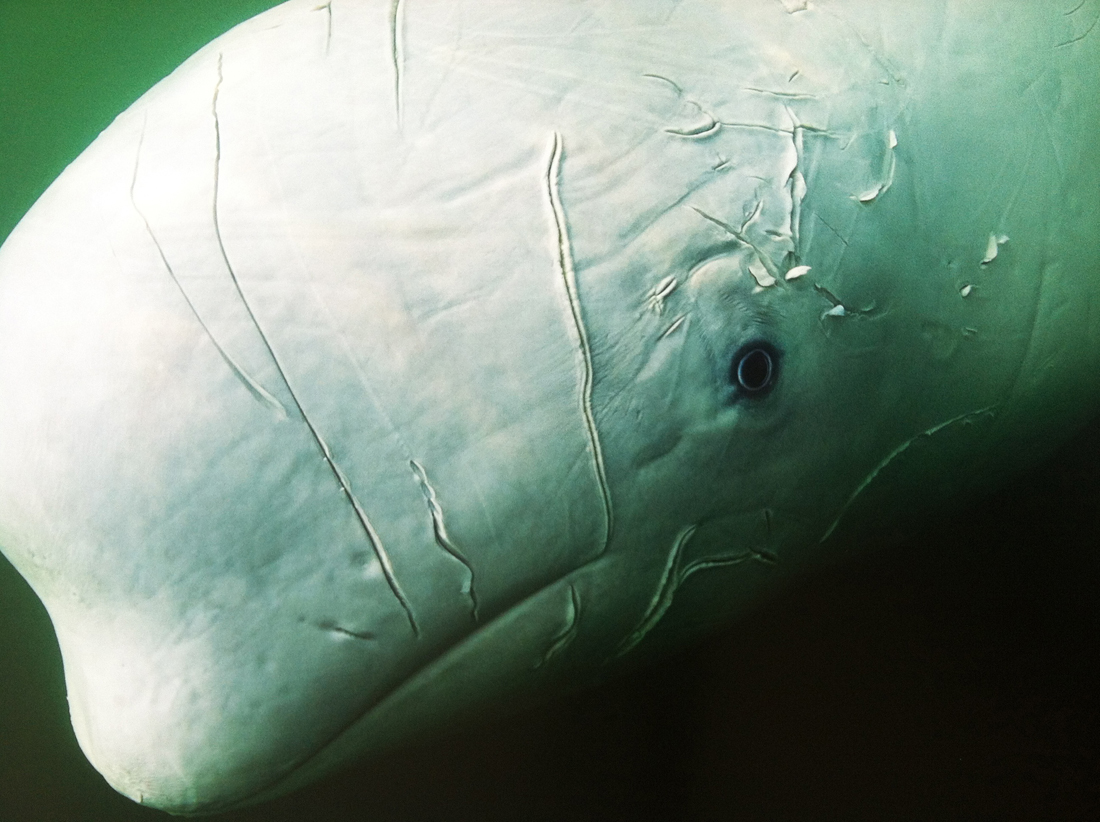

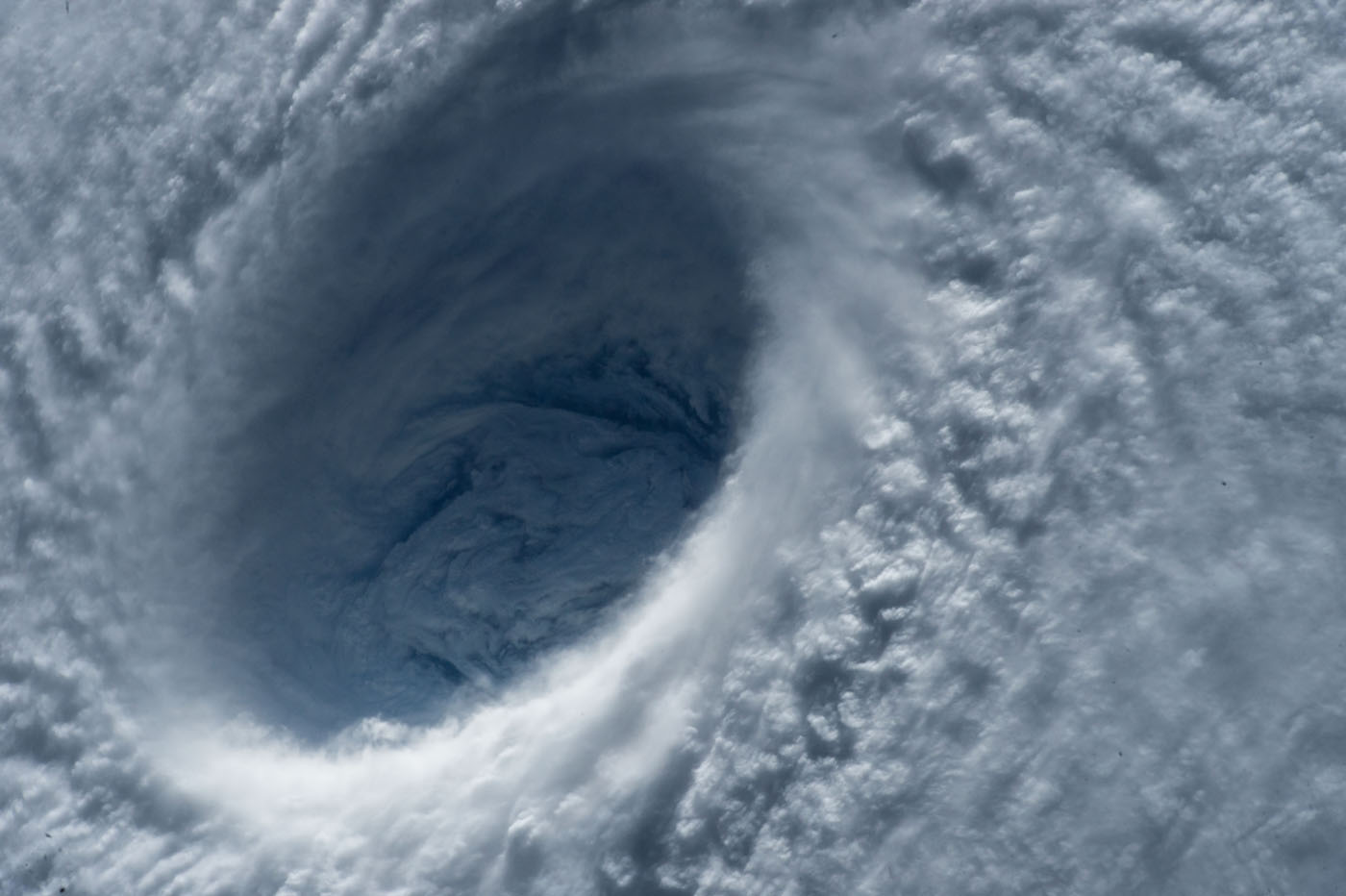

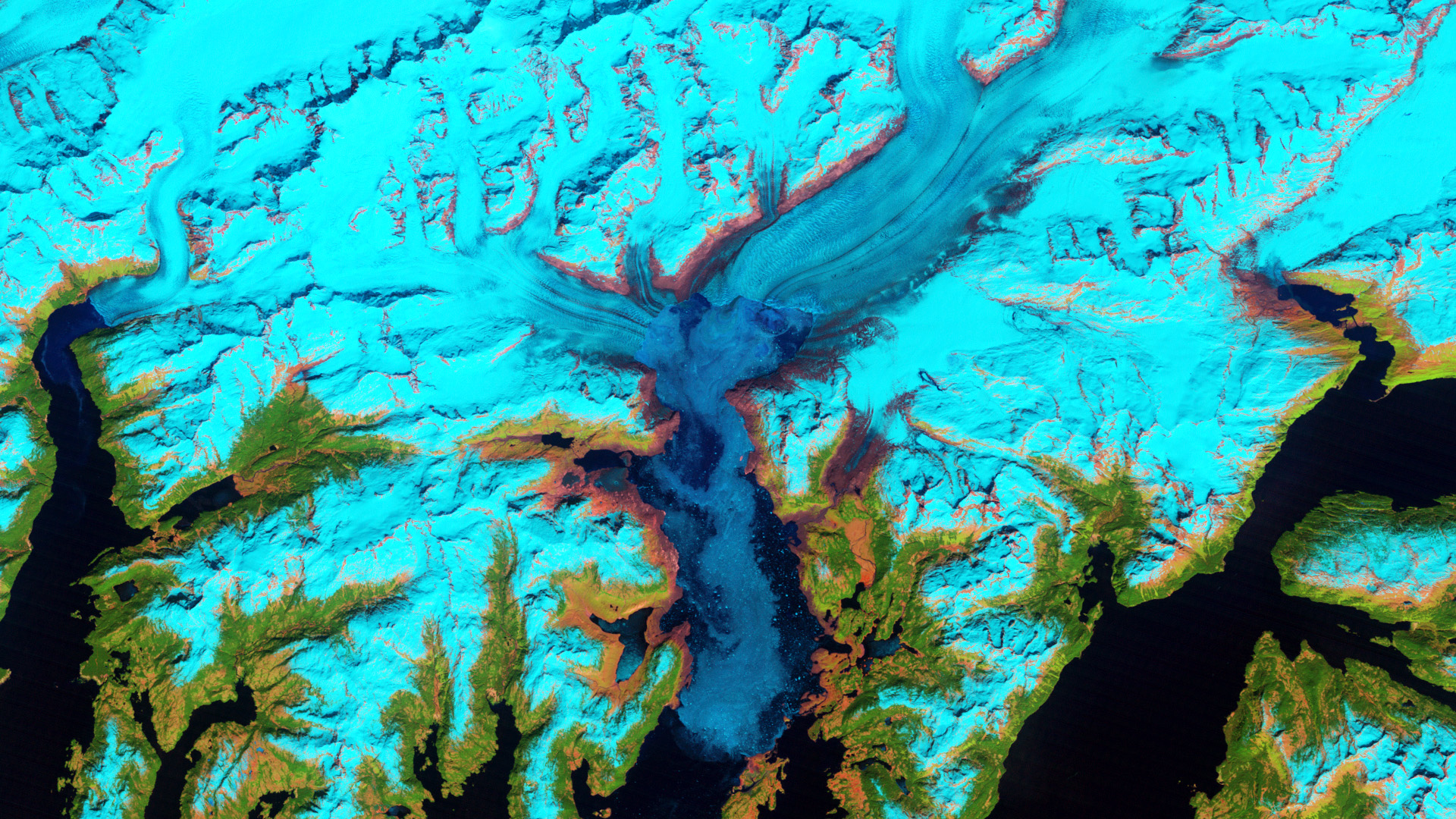
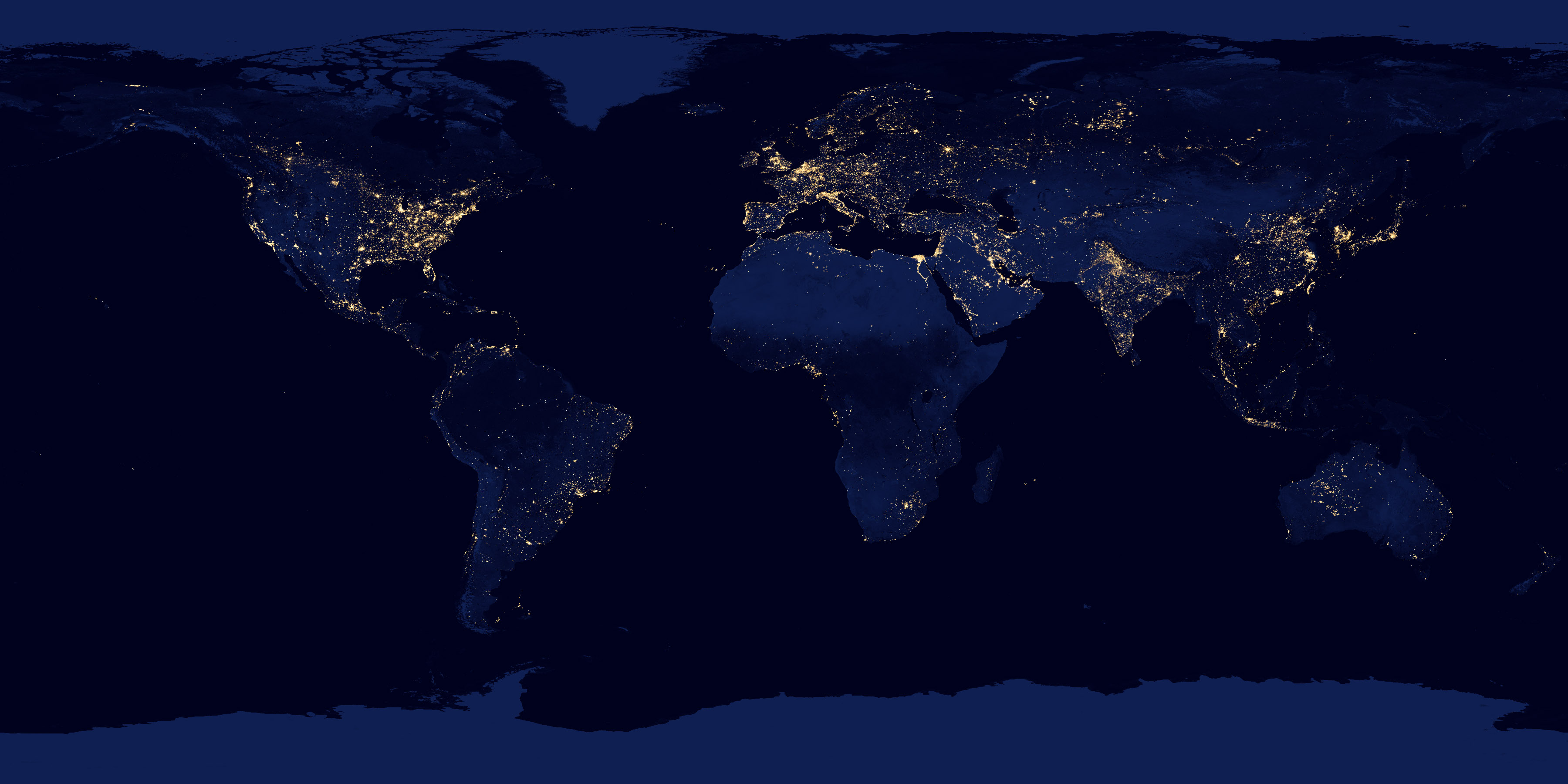
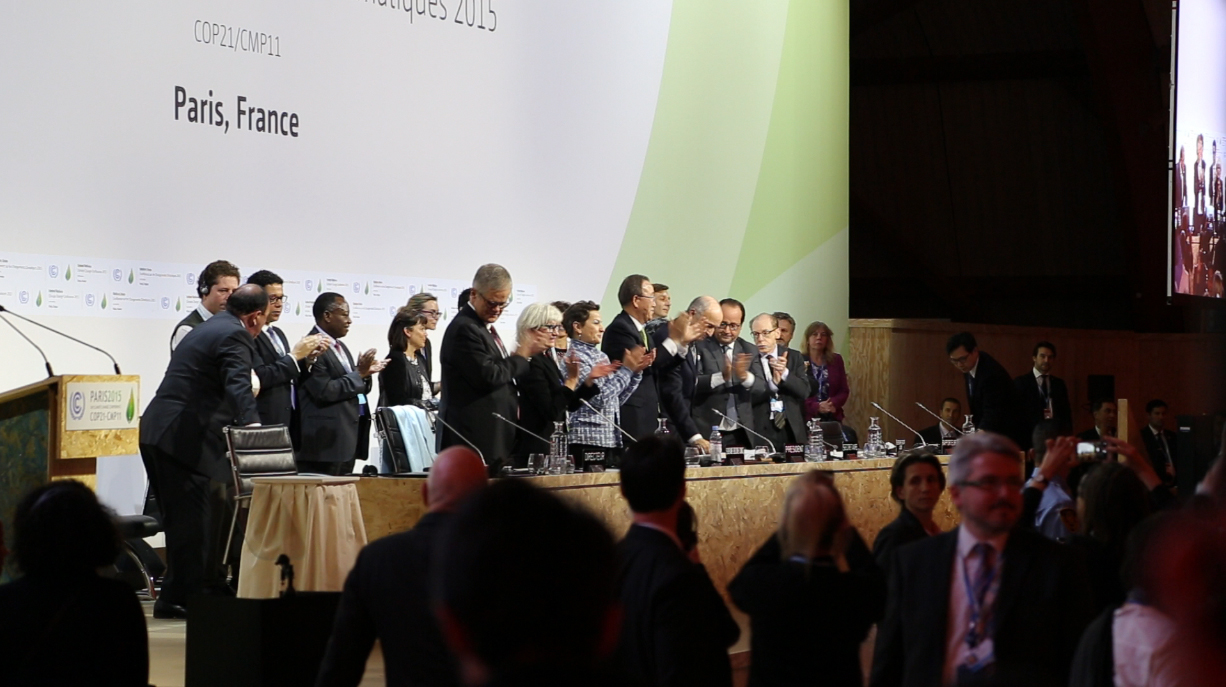
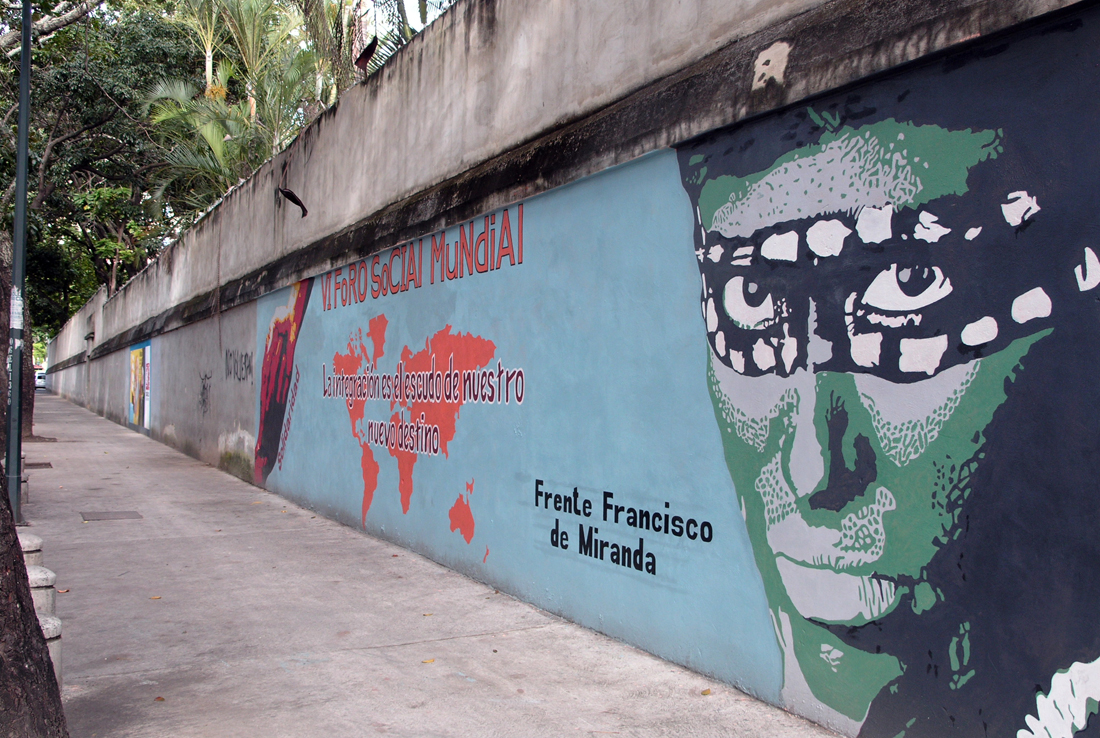

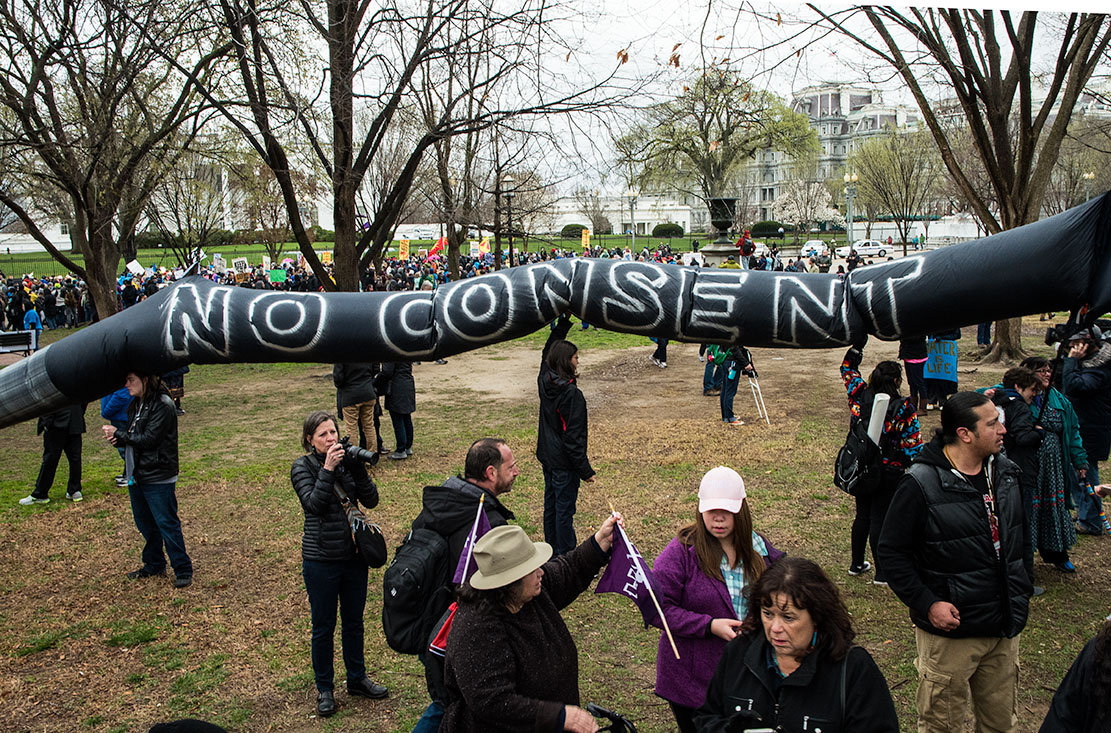

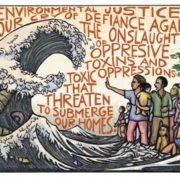

![00. Hurricane LOGO [400x400] + no background](https://ejcj.orfaleacenter.ucsb.edu/wp-content/uploads/2019/02/00.-Hurricane-LOGO-400x400-no-background-180x180.jpeg)

![EHI logo [300x300]. (final)](https://ejcj.orfaleacenter.ucsb.edu/wp-content/uploads/2017/01/EHI-logo-300x300.-final-180x180.jpg)
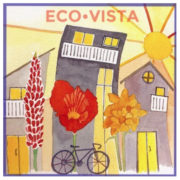
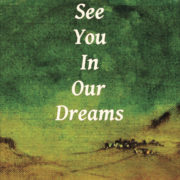
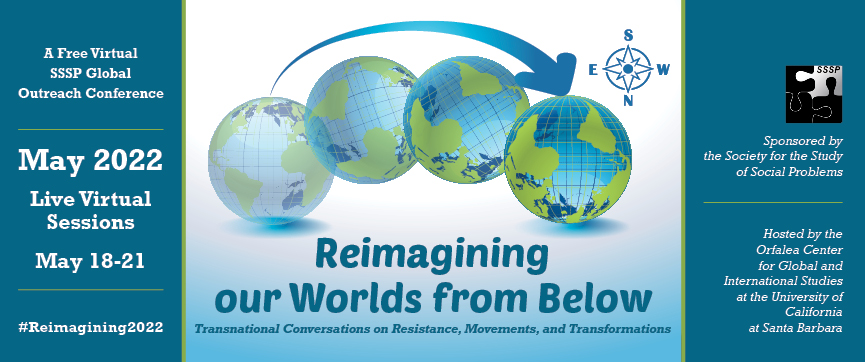
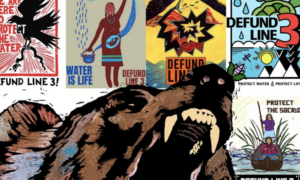
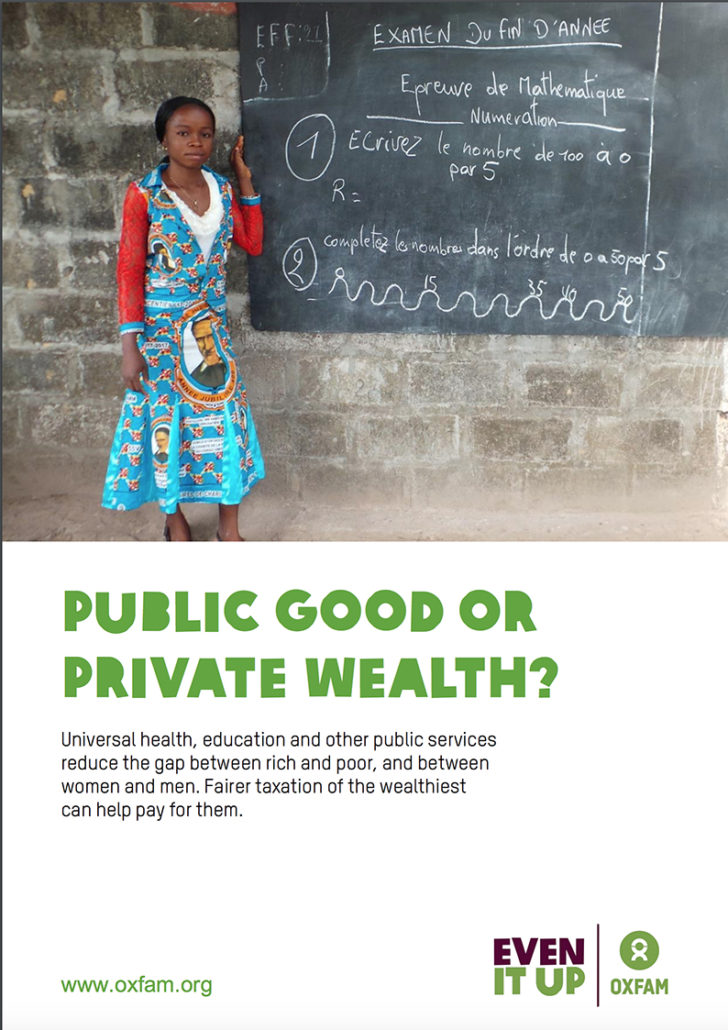

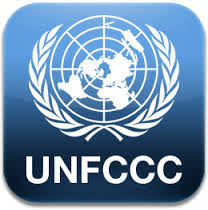
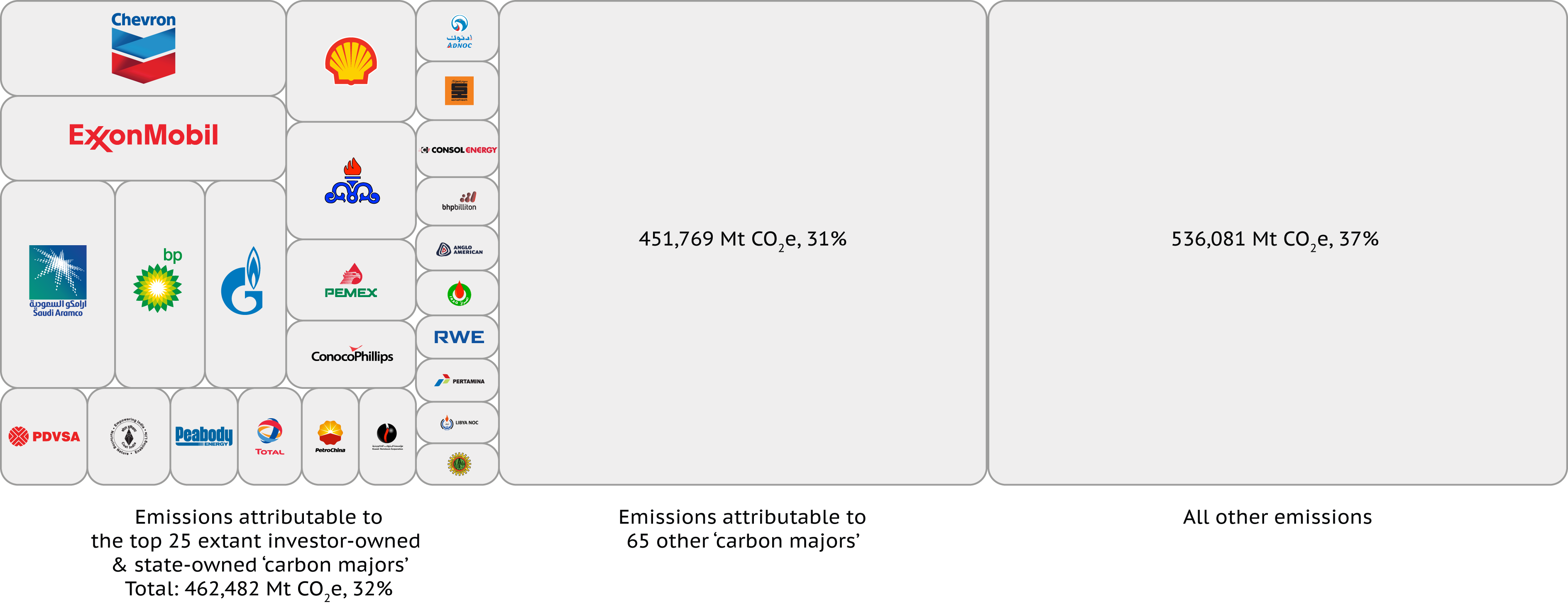
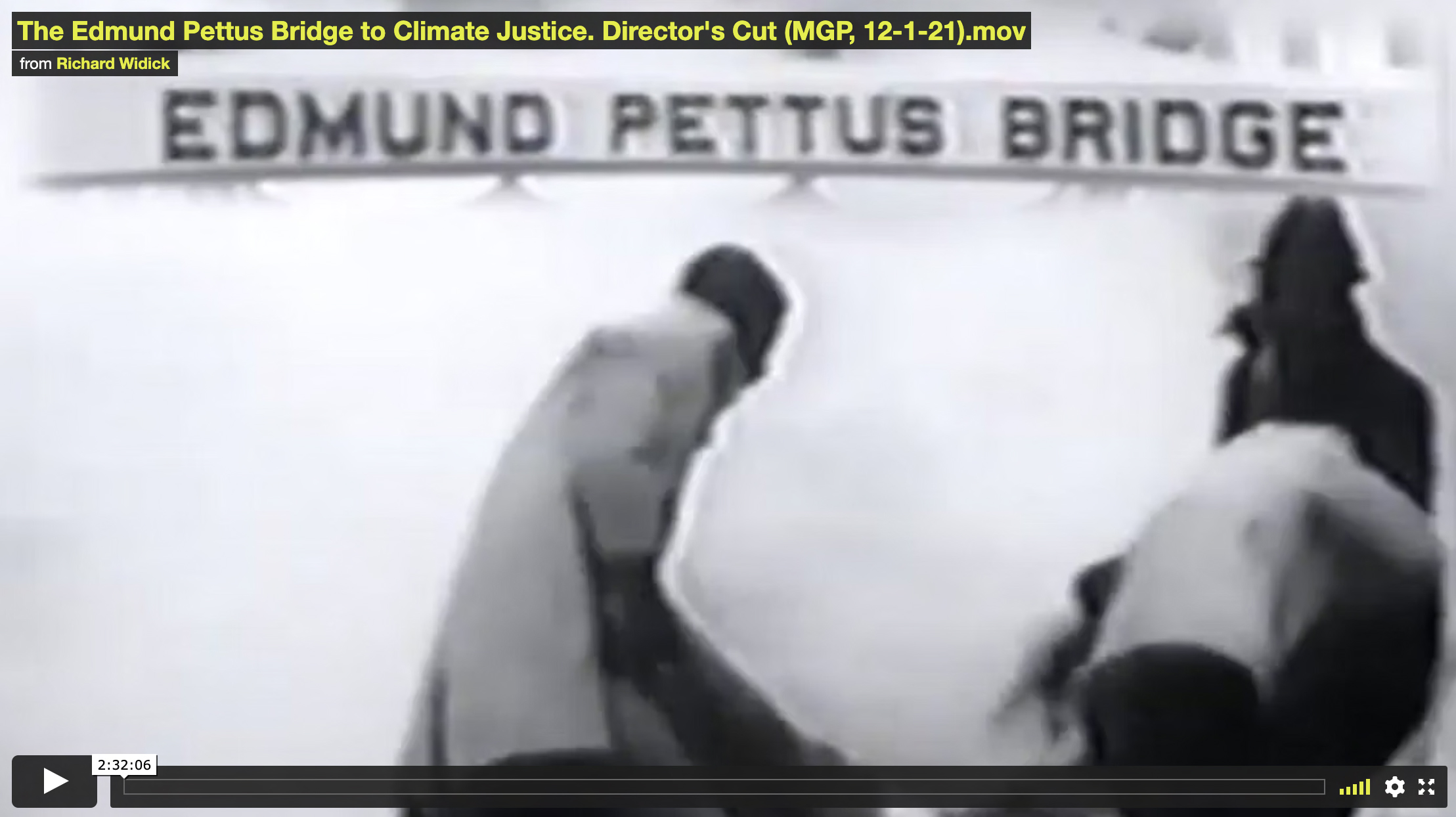

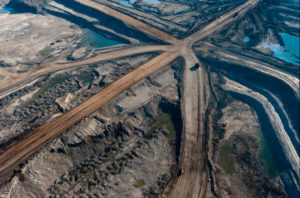
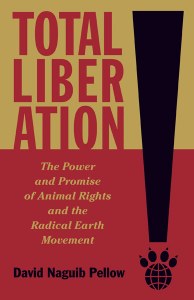


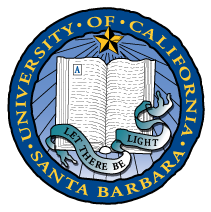
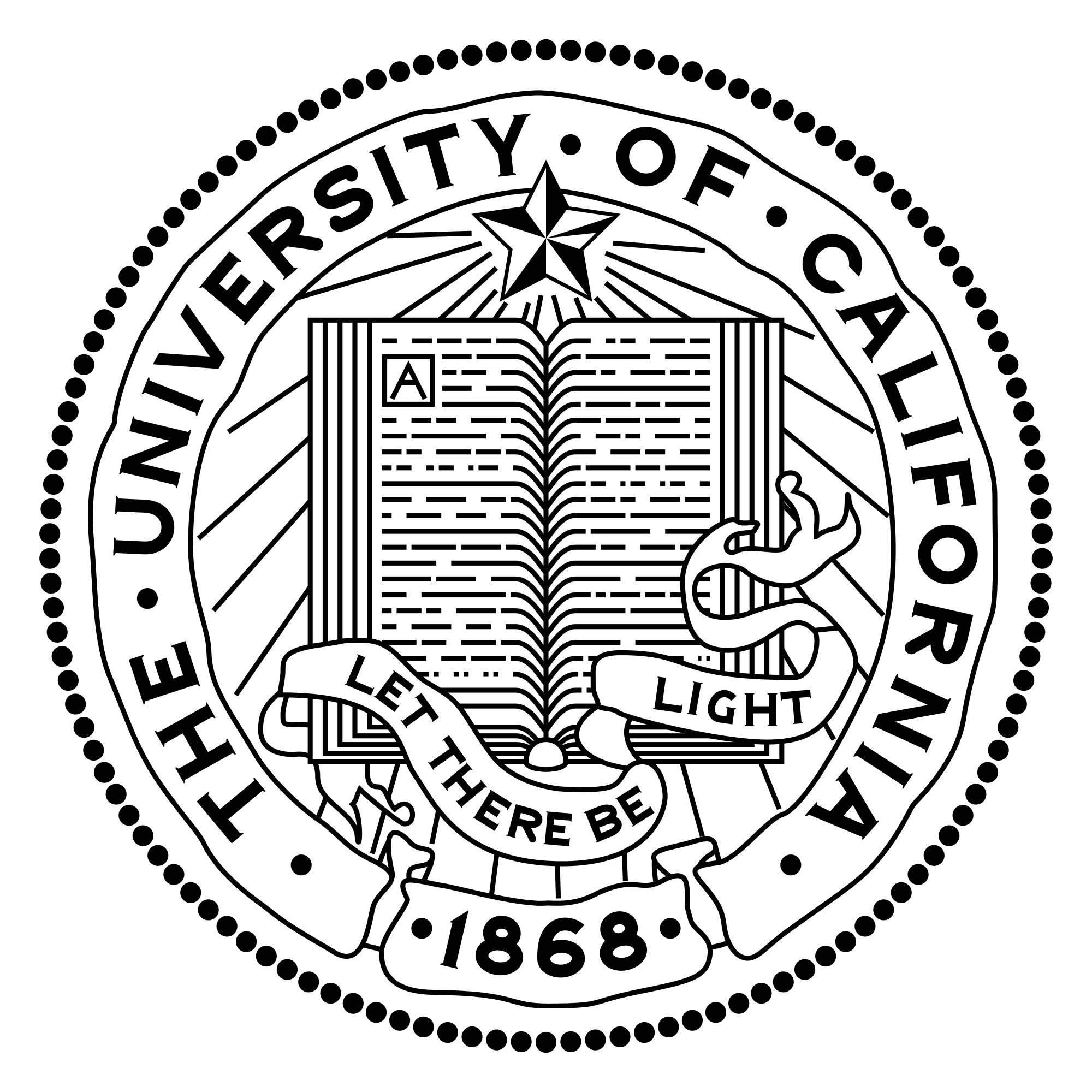
CHESC 2020 – The California Higher Education Conference, July 6 – 10, 2020
/0 Comments/in 1. All News & Events, 3. California News & Events /by Richard Widick